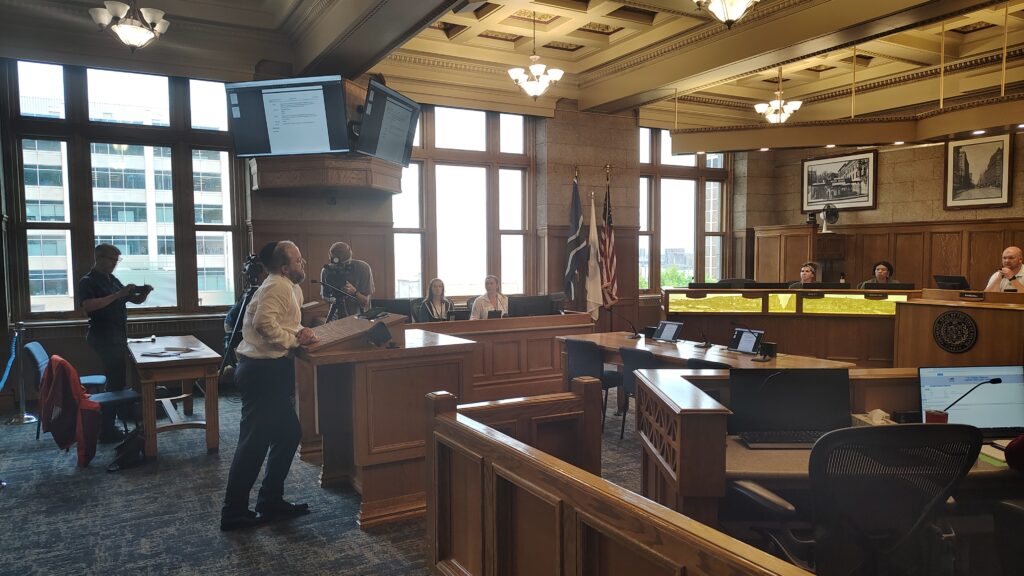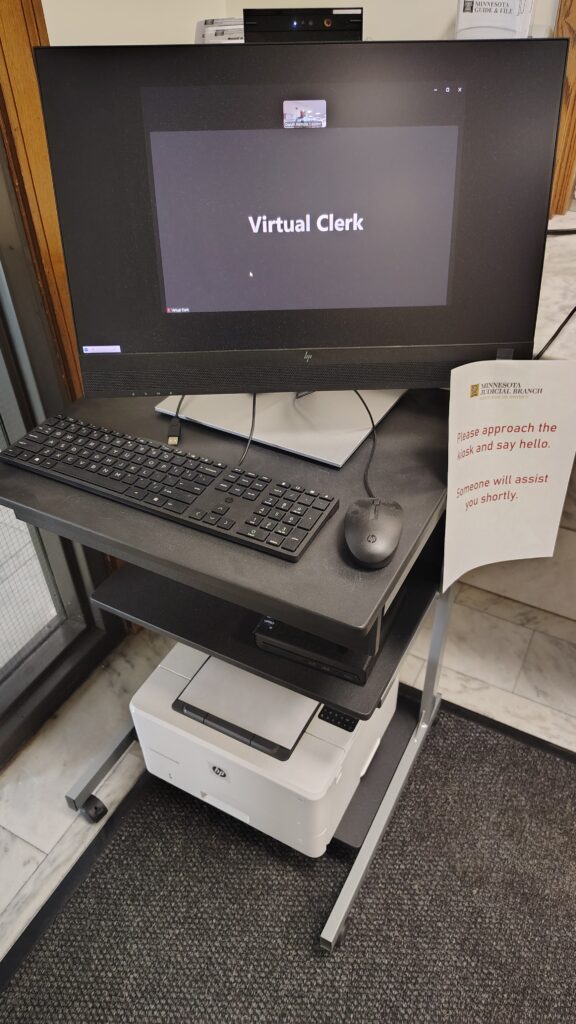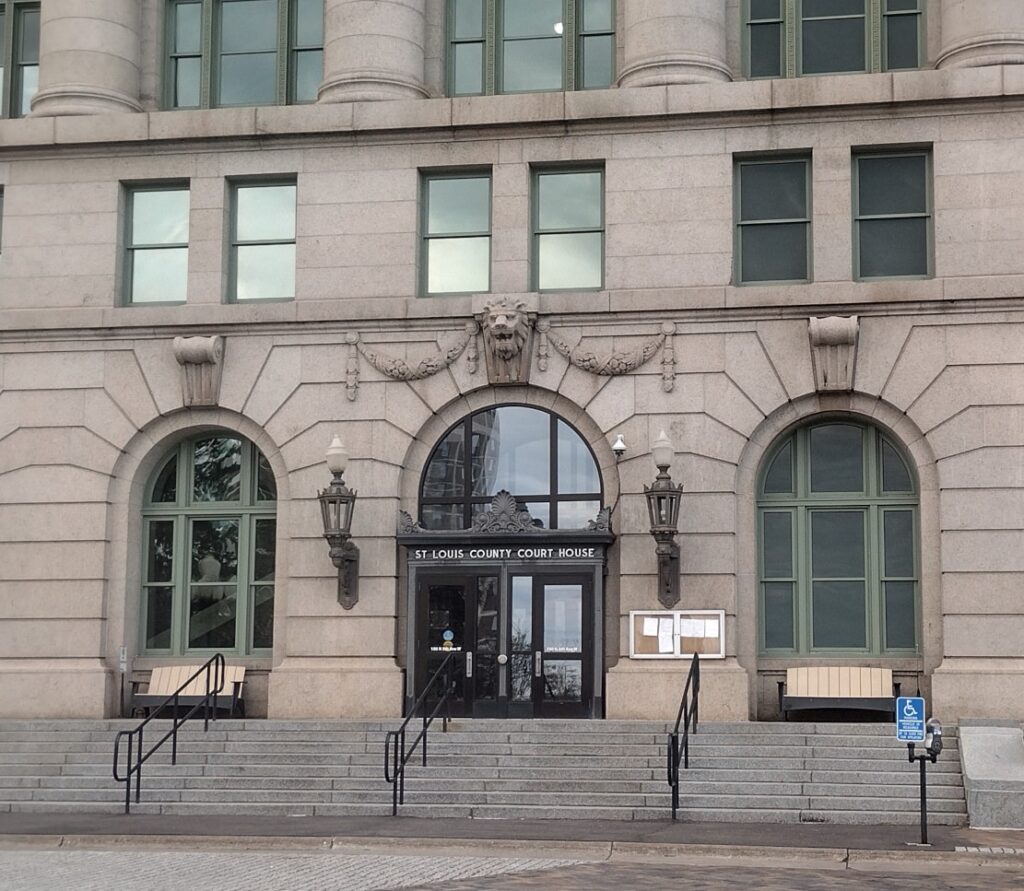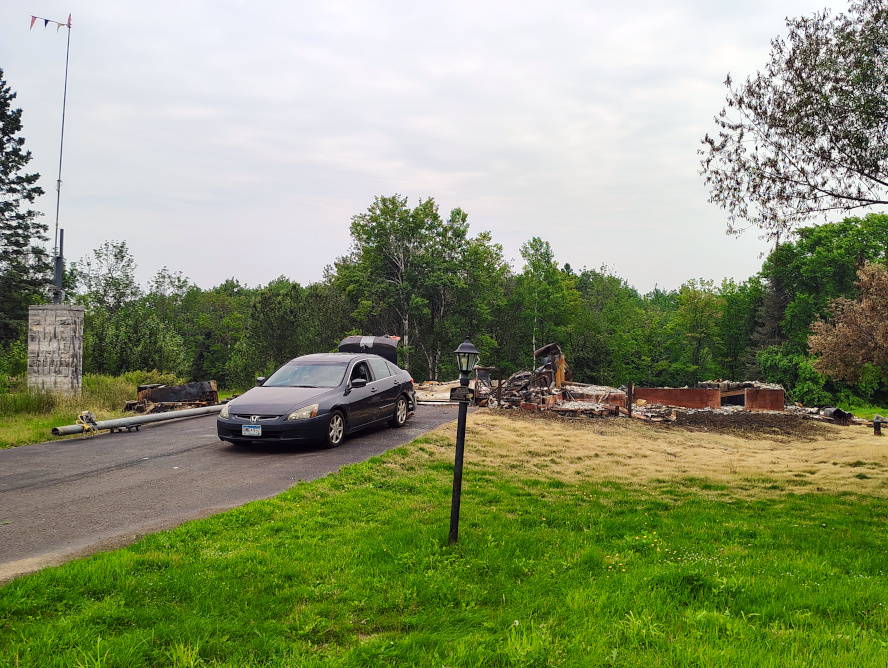Crying Wolf
Good day, readers,
On the morning of July 15, 2025, Normanna Township resident Adam Wolf went on a terrifying rampage, burning his home down, attempting to burn down two of his neighbors’ homes, and firing at first responders with homemade weapons when they arrived. Wolf was killed when five St. Louis County deputies returned fire.
As the Monitor reported this story, we were struck by how much worse it could have been. Neither of his neighbor’s home were significantly burned, because they were home, awake and alert. One neighbor doused the flames with a garden hose, and the other called 911 quickly enough that a firefighter responded within minutes and prevented her garage from burning. Had Wolf carried out his deadly plan at night, the consequences could have been much more dire.
The nearby firefighter’s timely response may have also stymied Wolf’s other plans. Wolf had 11 homemade guns mounted on trees near the entrance road, designed to be triggered by passing vehicles. None of the booby traps fired—possibly because Wolf didn’t have time to fully arm them before the authorities arrived.
If Wolf had chosen to attack his neighbors after dark, he would have had the opportunity to arm the booby traps before beginning his rampage.
The Monitor interviewed several people who knew Wolf. We also reviewed years of court filings. Wolf never accepted any responsibility for his actions, and framed every harassment restraining order and adverse judicial decision as a plot against himself. When he died, he left behind a Bible bookmarked at Psalm 69, in which the writer rages against false accusations and calls for the Lord to punish his enemies.
Despite all this, Wolf seemed to crave attention. He howled and screamed on his property at night, so that neighbors all around could hear him. He removed all screening vegetation on his lot, assuring that he and his home were in his neighbors’ view at all times.
By carrying out his attack in broad daylight, Wolf could have been seeking attention one last time. His monstrous self-pity caused enormous problems, but it may have ultimately saved his neighbors.
Fuzzy math

A year and a half ago, on Feb. 8, 2024, Duluth city councilors heard a presentation from city staff on a new half-billion-dollar development, called the Incline Village, which was being proposed for the site of the former Central High School. Members of ICS, a local company representing New York developer Luzy Ostreicher, were seeking a Tax Increment Financing (TIF) subsidy from the city for the project.
ICS Program Development Specialist Mike Dosan extolled his client’s vast experience with real estate projects. “They’re in the United States, and they’re also in seven other countries,” he told councilors.
“What are the seven countries?” asked Councilor Wendy Durrwachter.
Dosan paused. “Israel, Switzerland…and that’s all I can remember right now,” he said. “But it’s…yeah. Montreal. Canada. So those are three.”
This vague answer set the tone for the entire project. Not only did city staff fail to ask for any proof that the developer needed the subsidy; they failed to ascertain that he had any project financing whatsoever. When the Monitor submitted a data request, asking for the sources and uses of project funds (which the developer was required to provide to the city), we were given a single, undated sheet of paper containing eleven line items—none of which had supporting documentation.
As it turned out, the project didn’t have the required funds. On June 2, crews walked off the job, leaving the Incline Village site partially graded. The city notified Ostreicher that he was in breach of his agreement.
On July 23, 2025, Ostreicher flew in from New York and appeared before the Duluth Economic Development Authority (DEDA), in a final attempt to salvage the TIF subsidy.
Slouched at the podium, in rumpled clothing, Ostreicher said, “When we look at what is the benefit, the people of Duluth, I think we all have to close our eyes, as I once heard from, uh…it’s one of the previous presidents, I don’t remember now which one it was…but he said, ‘We really have a debate on what to decide; close your eyes and try to think about 50 years later and look back, if that was the right decision or not.’ I think that’s really what we need to do now.”
The Monitor was unable to confirm that any president ever said, “We really have a debate on what to decide; close your eyes and try to think about 50 years later and look back, if that was the right decision or not.”
A project that began in vagueness ended in vagueness. The DEDA board unanimously approved rescinding the development agreement.
Print job

The St. Louis County Courthouse, in Duluth, has two locations where the public can print out court filings: Room 133 and Room 320. When I arrived at the courthouse on July 24, 2025, I went to Room 133 to print out a transcript that was part of a case I was investigating.
I located the transcript on the public search terminal and hit Print. The printer began churning out pages, but stopped after only printing twelve. The transcript was 42 pages long. A message on the printer informed me that it was out of paper.
No big deal—it had happened before. I went to the clerk’s window and rang the bell. Strangely, no one came to assist me. I noticed a sign taped to the window: “Temporarily Unavailable—Please go to Room 320 for Assistance.”
No big deal. I climbed up the stairs and walked down the hall to Room 320. I located my transcript on the computer and hit Print. Here, the printer is located in an inner office. I heard it turn on inside.
I went to the window—but no one was here, either. Very strange. I hit the bell.
“May I help you?” a disembodied voice asked at my elbow. I looked down to see a computer monitor displaying the words “Virtual Clerk.”
“I just printed out a file,” I told the machine.
“Isn’t the printer working?” asked the Virtual Clerk.
“It’s working, but it’s inside the office,” I said. “I need someone to get it for me.”
“You’ll have to come back at 1:15,” said the Virtual Clerk. That was almost an hour away.
“It’s right in there. I heard it print. Can’t somebody get it for me?”
“Just a moment.” The Virtual Clerk went away for several minutes, leaving me to stare foolishly at the monitor. Eventually she returned. “I’m sorry. Would you like to leave your name and address, so they can mail it to you?”
“I need it right now!” I said. “Where’s the clerk? There’s always a clerk here.”
The Virtual Clerk explained that everyone was at a meeting, that she was unable to reach anyone on the phone, that she, herself, was speaking to me from a different location than the courthouse, and that I would have to return at a later time if I wanted my printout. “Do you want me to have someone call you when it’s ready?” she asked.
“It’s ready right now! I just need someone to walk over there, pick it up, and bring it to me!”
“I’m sorry, sir.”
Frustrated, I left the office. As I was heading down the stairs, a thought occurred to me. The Law Library, on the ground floor, did not offer access to court files—but they did have printers.
I stealthily entered the Law Library and tiptoed toward the printer. Miraculously, an open package of paper was sitting on the table next to it. Scooping up a sheaf, I nonchalantly made my way back out to the hallway.
Safe from prying eyes, I scampered through the back passageways up to Room 133, where I found my original printer patiently waiting to be restocked. When I loaded the contraband paper into the tray, the printer resumed churning out my transcript right where it had left off.
By the time I returned to my vehicle, my parking meter had expired, but no one had given me a ticket. Heading toward home, I congratulated myself on another successful day at the St. Louis County Courthouse.






